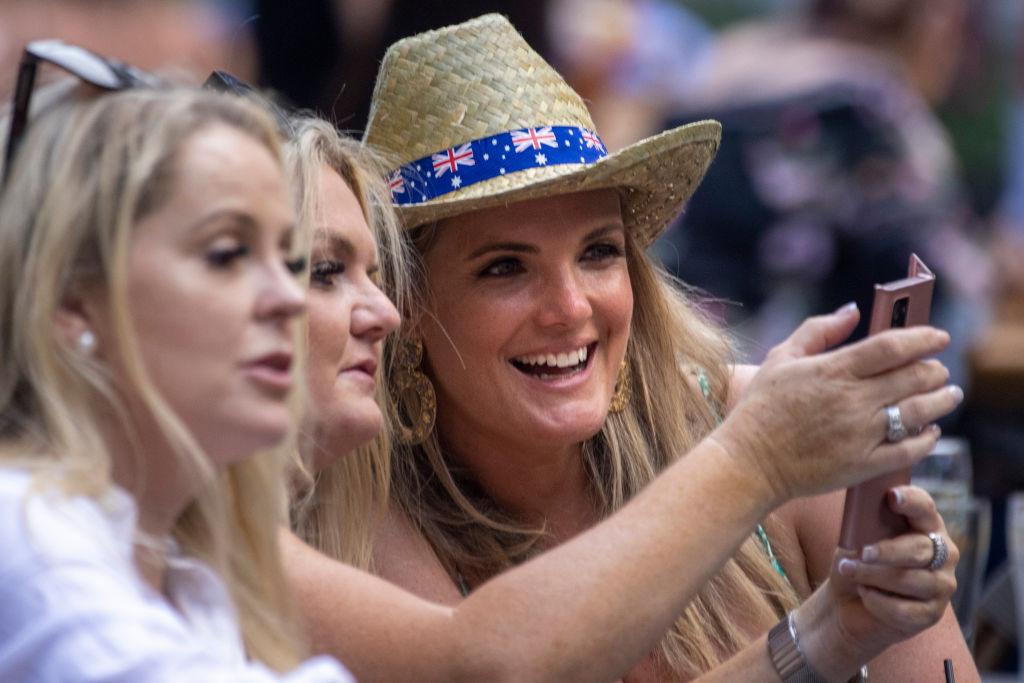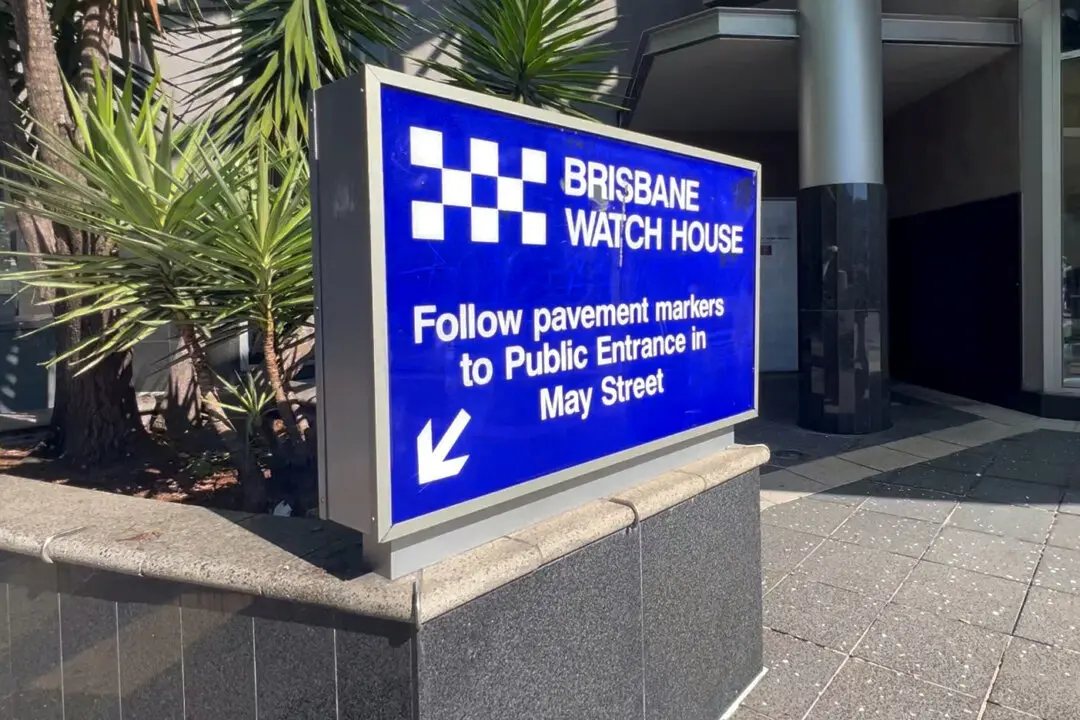The City of Mitcham council in South Australia has invited the community to celebrate Australia Day and welcome its new citizens on Jan. 23, three days ahead of the actual date of celebrations.
While most traditional Australia Day events tend to be held during the day, the council’s celebrations will be held by night.





